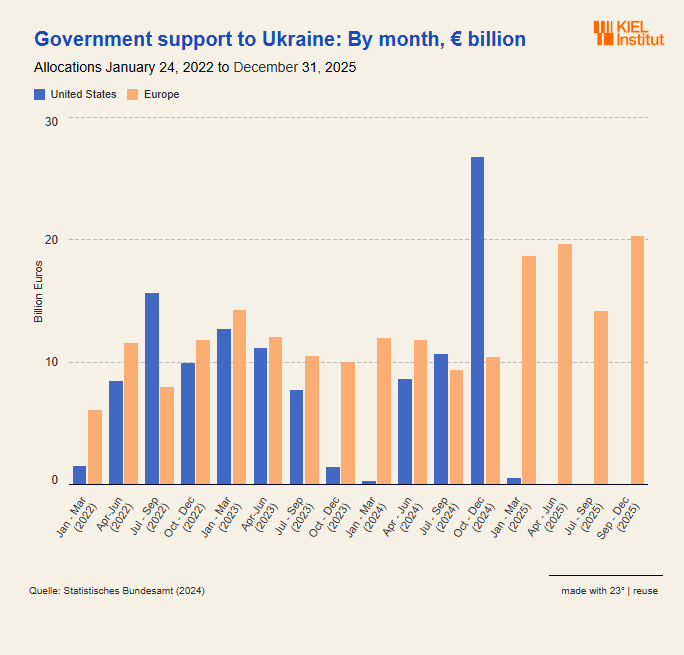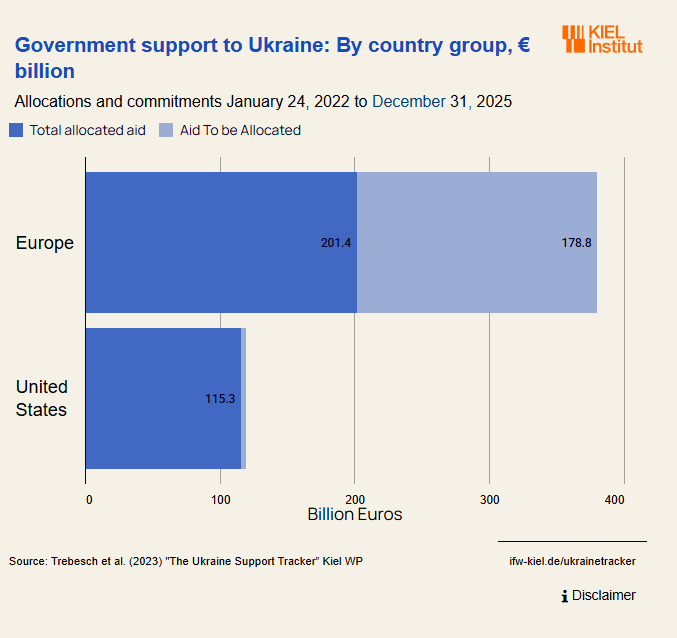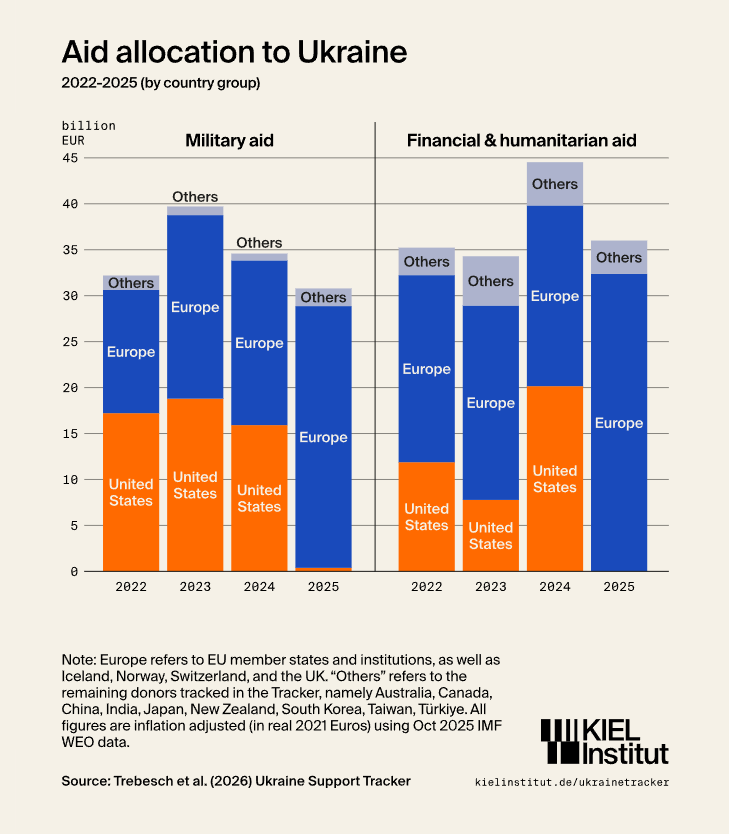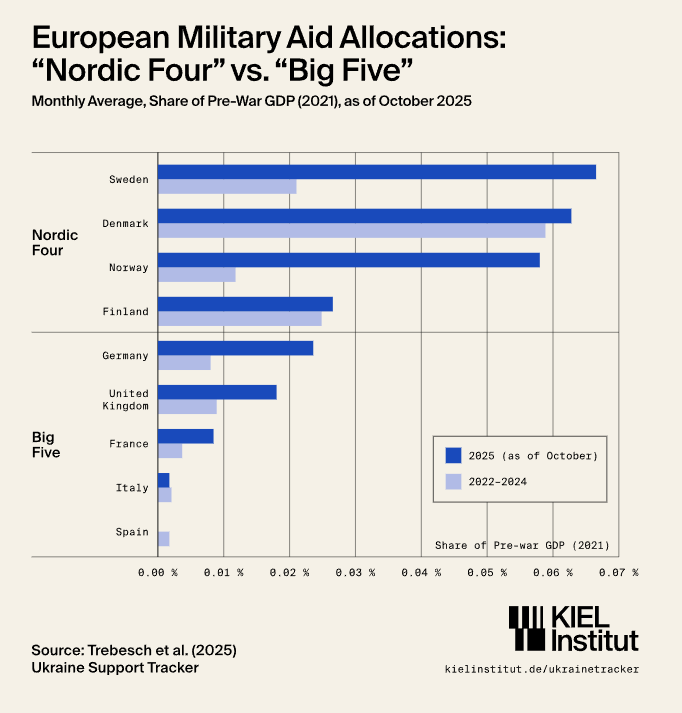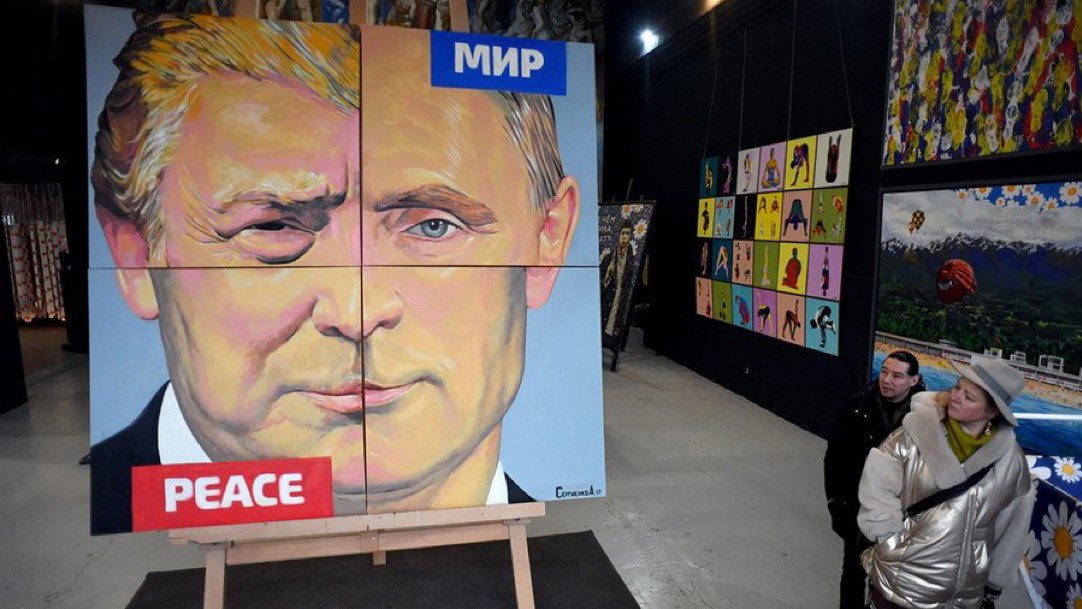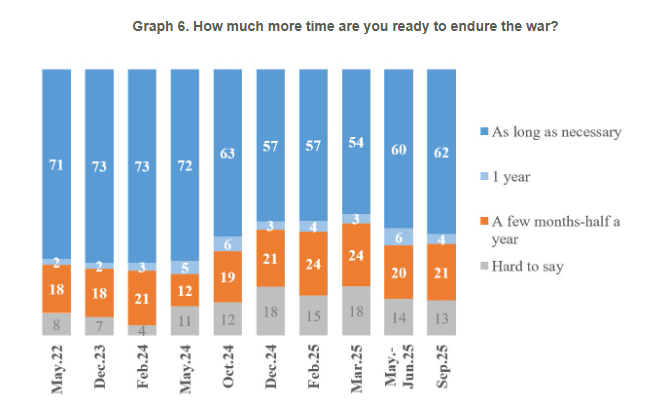THREAD.
It's nearly 9 May, when #Russia is celebrating "Victory Day". It's time to talk about #Pobedobesie - a militaristic fetishisation of WW2 in Putin's Russia.
1/x
It's nearly 9 May, when #Russia is celebrating "Victory Day". It's time to talk about #Pobedobesie - a militaristic fetishisation of WW2 in Putin's Russia.
1/x

#Pobedobesie is a pejorative term used to describe the "hyperbolic celebrations" of Victory Day in #Russia. This has been dubbed the Victory Cult.
2/x



2/x




#Pobedobesie includes weaponisation of the legacy of World War II to justify #Russia's aggressive policies and an increase of militarism, using the Soviet victory over Nazi Germany for propaganda purposes.
3/x
3/x

Significant part of #Pobedobesie is militarisation of education in Russia, including at preschool and primary school levels.
Children aged as young as 3-4 yo are dressed in military uniforms, and the idea of military service is "normalised".
4/x
Children aged as young as 3-4 yo are dressed in military uniforms, and the idea of military service is "normalised".
4/x
Within #Pobedobesie, Russian children are indoctrinated in the idea that their main motivation should be "to become defenders of the Motherland".
They are told that "it's not scary to die". And parents and teachers applaud such "lessons":
5/x
They are told that "it's not scary to die". And parents and teachers applaud such "lessons":
5/x
https://twitter.com/adagamov/status/1655220272843169793/video/1
According to @irgarner, Putin has reconstructed the Soviet "cult of the Great Patriotic War" in a "manner that has all the hallmarks of a religion", and that the state's cult has been incorporated into Orthodox Christianity, and vice versa"
6/x
6/x
#Pobedobesie occasionally takes on comic form: with "patriotic" bread, vodka and other products.
7/x



7/x




But overall #Pobedobesie remains a dangerous cult of militaristic fetishisation, which drives Russia's aggression against neighbours, most notably against Ukraine, which is seeking freedom and European integration.
8/x
8/x
And here's a bonus for you: #Pobedobesie in #Russia|n-occupied #Sevastopol, in Ukraine's #Crimea peninsula
• • •
Missing some Tweet in this thread? You can try to
force a refresh


